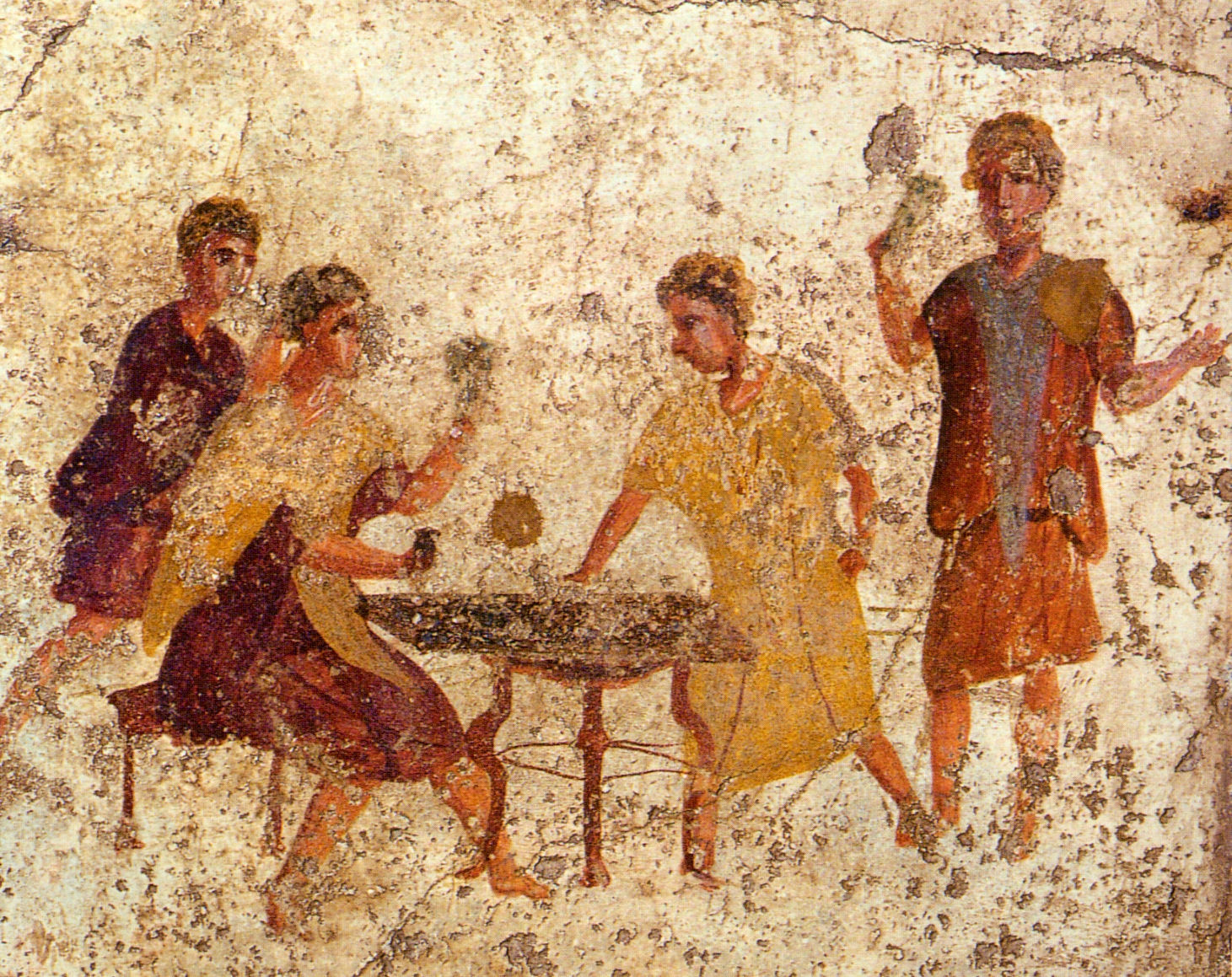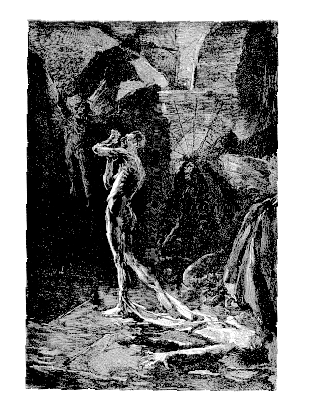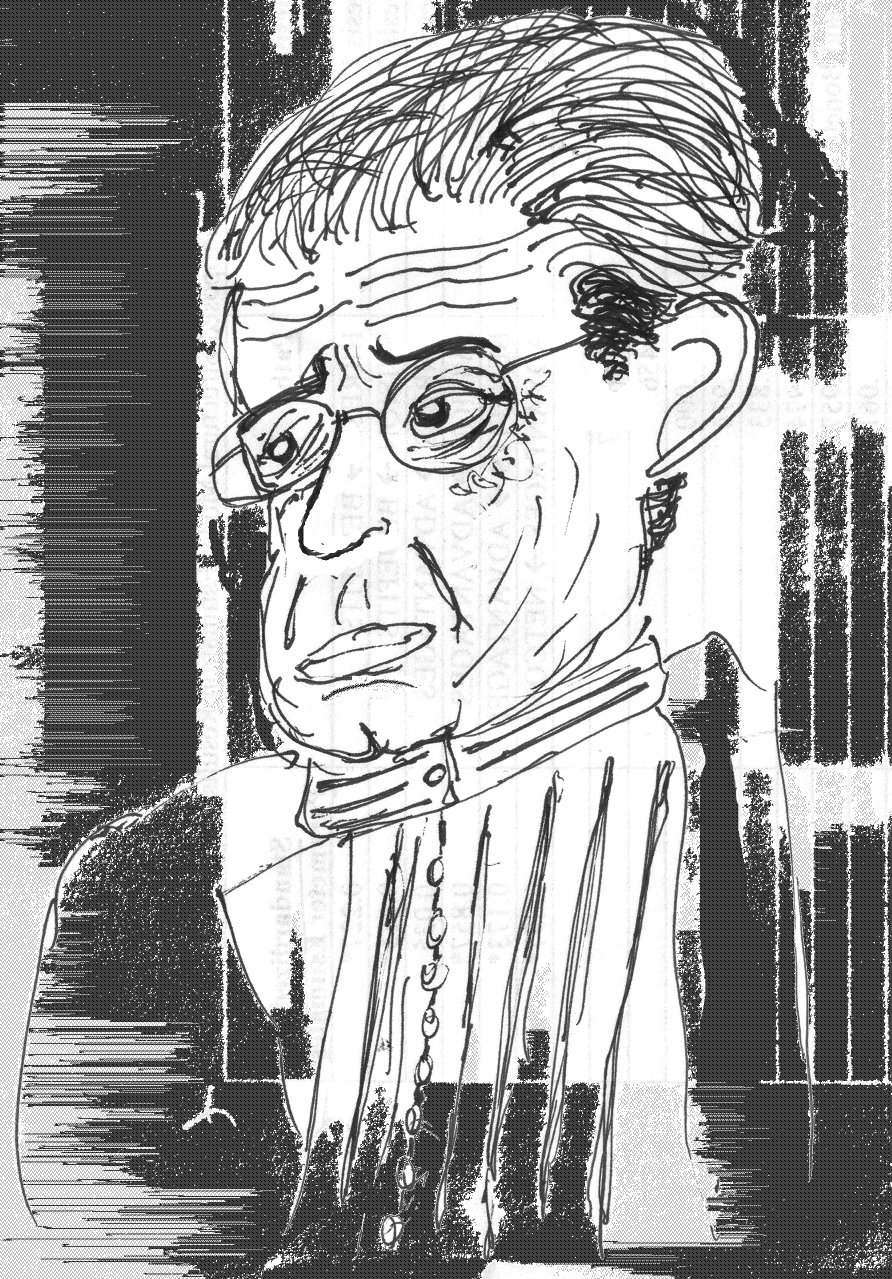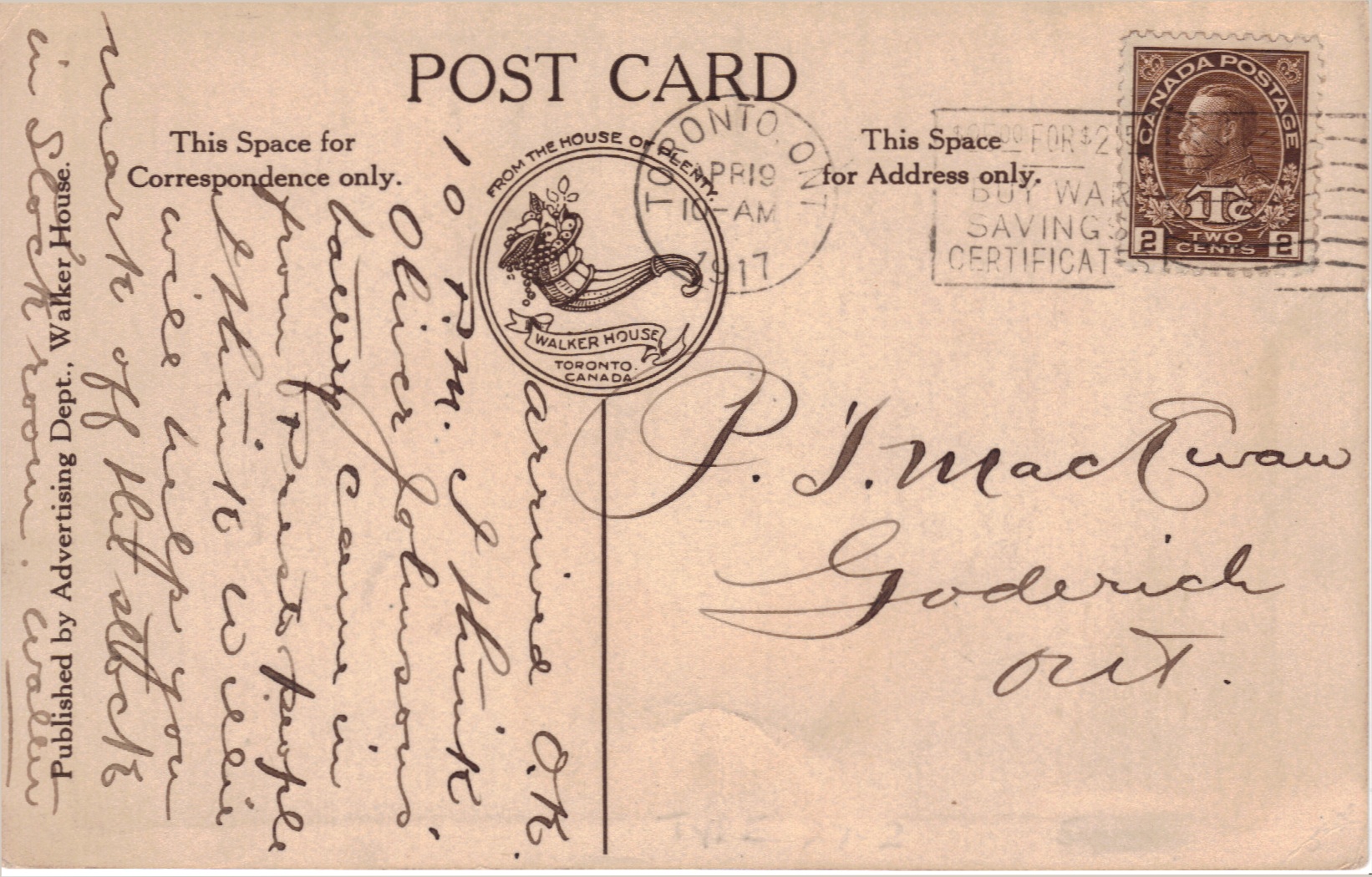I am often perplexed, sometimes disturbed, and generally intrigued by the use of Literature in philosophical arguments. While there is a robust tradition of Marxian-influenced material critique within Cultural Studies,


CRITICAL THEORY | SOCIAL ANALYSIS | POLITICAL PHILOSOPHY AND THEOLOGY

I am often perplexed, sometimes disturbed, and generally intrigued by the use of Literature in philosophical arguments. While there is a robust tradition of Marxian-influenced material critique within Cultural Studies,

Translated by Rachel Thomas. Edited by Carl Raschke. The following is the fourth part of a series of translated fragments (or “short prose”) from the writings of Walter Benjamin, beginning

Translated by Rachel Thomas. Edited by Carl Raschke. The following is the third part of a series of translated fragments (or “short prose”) from the writings of Walter Benjamin, beginning

In my previous post, I drew on a longer genealogy of liberalism by Aryeh Botwinick to address Catherine Keller’s recent book, Political Theology of the Earth. Botwinick’s “The Good of Liberalism:

This is the first in a multi-part series of posts. In the following series of posts, I want to address some themes related to Catherine Keller’s recent book, Political Theology

In his 1934 essay “Reflections on the Philosophy of Hitlerism,” Emmanuel Levinas evaluates the social and political realities that led to massive support for the Third Reich. What is fascinating

Yesterday, an article by Josh Katz and Margot Sanger-Katz in The New York Times drew attention once again to an opioid abuse epidemic in the United States. As they write, the 2017

This essay is about capitalism. It is not a call for the absolute destruction of it, nor is it a listing and demonstration of its evils and failures. It is

The following is an interview The New Polis conducted in October 2018 with Lacanian psychoanalyst Thomas Svolos. This interview is built around a consideration of his important 2017 book Twenty-First Century Psychoanalysis.

This post is, in a sense, a reply to Derrida’s Post Card. I want to make an attempt at a non-philosophical reply in the sense that François Laruelle has given